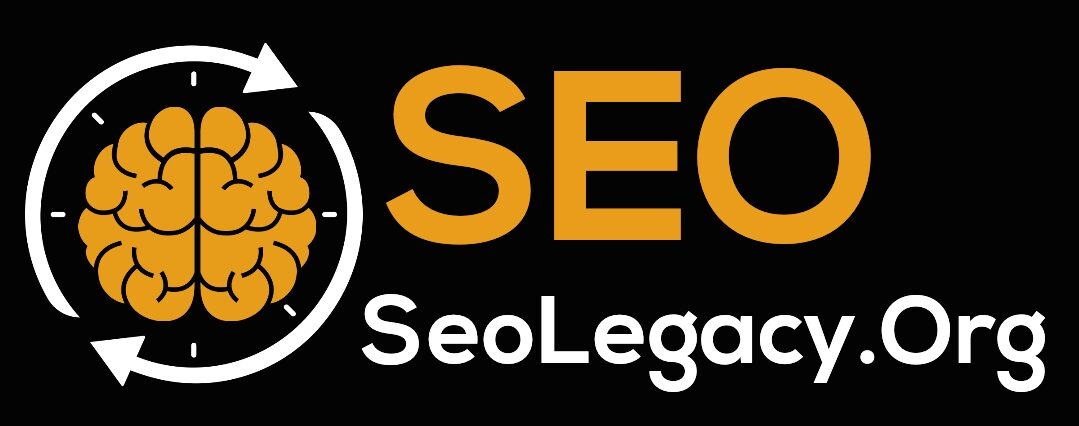SSL Certificates: Secure encryption for websites
Many Internet users fear data misuse on the Internet. Online communication is secured by an SSL certificate (Secure Socket Layer). As soon as the user establishes a connection, encryption contributes to security. Sensitive data cannot be read by third parties, which protects bank and credit cards from fraudsters. Whether customer or operator, both parties benefit from an SSL certificate.
Definition: SSL encryption
If you send an important package, wrap it carefully. The content should arrive safely and not be stolen or broken. You can imagine an SSL certificate in a similar way: Before it is sent, the content is “sealed” so that it is protected from prying eyes – just like a letter or parcel.
Tip: You can recognize an SSL certificate by the appended “s” to the well-known “http”. There is also a green lock icon to the left or right of the web address. Alternatively, some browsers display the address line in this color.
The password-protected area requires encryption to ensure a secure login. Otherwise hackers could freely use the data and cause enormous damage. The list ranges from identity theft to looting an account. Simple online shopping would pose a high risk, but fortunately SSL is used by almost all merchants.
The certificate as a key
Encryption is a mathematical process. Personal information is encoded and decoded by a third party, which increases trust for the website. Because the certification and thus the control is carried out by an external provider and not by the operator himself.
Back to the mail example: Now you can wrap a package once with paper or wrap it with cardboard and tape. Likewise, various SSL protocols are available to you: A key with 2048 bits is significantly longer than one with “only” 128 bits or 256 bits. This makes it more secure, as you can imagine with a password. The larger a code, the more difficult it is to decrypt: a 256-bit certificate is around 2 trillion times more difficult to crack than a 40-bit key.
Added value of SSL protocols
With encrypted data traffic, unauthorized persons have no way of tracking a communication. This is not only important for online banking, but also for daily email or chat traffic. At first glance, it might not sound tragic for hackers to get hold of a person’s name and their place of birth. But it can be used to fake a mobile phone contract by using various tricks.
Security
An SSL certificate encrypts the data and thus contributes to security. In this way, third parties have no chance of gaining access to information that is not their concern.
Trust
Security creates trust: SSL encryption is immediately recognizable even for laypeople. He can see the protocol directly from the famous “s”, the green address bar or the lock symbol. Another symbol is the TrustLogo, which you have to add separately. It informs the user about the identity of the operator and shows the security status.
Ranking factor
In 2014, Google published a post presenting encrypted traffic as a new ranking factor. This is a logical step, because the search engine has been using this technology since 2011. The focus is on security when surfing and SSL is a solid standard there.
Independence
Whether Chrome, Firefox or Internet Explorer, the browser is irrelevant for certificates. Additional software is not required, which enables problem-free setup with the protocol.
Ordering Certificates
An SSL certificate can be obtained directly from the certification authority or from the web hosting provider. The first variant is a bit more complicated and involves a little effort. Ordering through the provider is faster.
Tip: The certification authority Let’s Encrypt issues a free certificate. It is supported by Cisco, Google and the Mozilla Foundation, which speaks for high quality. The protocol is currently in the beta phase and could have small flaws.
In general, caution is advised with free certificates, because it can easily give a dubious impression. Self-signed certificates are often poorly programmed and contribute little to security. A professional website absolutely needs encryption from a reputable certificate authority.
The certificate is valid for between one and ten years. As a rule, you specify the desired duration when ordering. Once the period of time has expired, a security warning is displayed to the visitor: the certificate is no longer valid and discourages potential customers. To avoid negative reactions, you should have it automatically extended.
Conclusion
The typical online user wonders if he can trust a website. After all, it’s about your personal data and you can’t make any compromises here.
Modern retailers rely on SSL certificates, which customers also know: those who do without them strengthen the competition and lose orders. In addition, the SSL certificate has established itself as a ranking criterion on Google. For reputable website operators, there is no way around SSL encryption.



